The Ahmadiyya Muslim Community is deeply rooted in Baltimore from the early 1960s. Back then, a handful of largely African American families converted to Islam/Ahmadiyya and started congregating at a rented place on Freemont avenue. Brother Wali was the first president. Men and women from the families of Brother Kareem, Abdur Rahman, Muhammad Hafeez, Hamza Zainuddin, and others were among the pioneers. Our sisters Amina Parker, Kareem, and Latifa Ilyas were among the earliest women leaders of the community.
According to estimates, the movement gathered between 50-100 members between 1960-71. That’s when brother Abdur Rahman identified a property at 4406 Garrison Blvd., and played an instrumental role in converting it to house of God. People started joining in. Many a times, folks would simply walk in to offer Friday prayers. In light of our motto, “Love for all, hatred for none” the mosque started a major outreach under the leadership of brothers Hafeez, Aina, Ahmad and Hamza. From donating thanksgiving turkeys to offering free hot dogs, the men and women of Ahmadiyyat started spreading the peaceful message of Islam in Baltimore. The mosque became a beacon of diversity, witnessing Muslims from all walks of life; Americans and Nigerians, men and women, blue collar and white collar, Whites and Blacks.
Like thousands of Ahmadiyya Mosques globally, the mosque at Garrison remained self funded. Thousands of dollars were raised annually to meet the growing needs of members. Children classes were held. Annual gatherings, sports and educational competitions, and religious classes were held. Members also enjoyed Bible classes. The mosque became house to doctors, authors, soldiers, and teachers. Brother Abdul Hafeez would grow vegetables in his home garden and then distribute produce among the members.
The mosque at Garrison became a regional center. Members would drive up from Washington and Virginia; they would drive down from Philadelphia and York. Membership grew. Budgets increased. Islam Ahmadiyya was represented on local TV channels.
During the 1980s, the mosque witnessed an increasing flux of Southeast Asian immigrants who had to flee their homeland due to the systematic persecution of Ahmadiyya Muslim Community in Pakistan. Imam Mubashar Ahmad propelled the Baltimore Ahmadi Muslims forward with his passion and knowledge.
The following brothers helped Ahmadiyya Muslim Community Baltimore move forward over the decades and served as President of the Baltimore chapter.
- Abdul Hafeez – 1971 – 1975
- Fatah Aina – 1975 – 1981
- Mirza Maghfoor Ahmad – 1981 – 84
- Hamza Zainuddin – 1984 – 1992
- Abdul Rashid Fouzi – 1992 – 2001
- Mirza Amin Baig – 2001 – 2013
- Dr. Faheem Younus – 2013 – 2019
- Halim Muhammad Chaudhry – 2019 – Present
During the past 20 years, membership blossomed, frequency and intensity of programs intensified, and the need for a larger center became palpable. Friday services were packed. During the month of Ramadan membership would double. Members had to go to individual Red Cross centers instead of holding a blood drive on premises due to space issues. Ladies provided food to the Brown Shelter at Belvedere since our facility was not large enough to run a soup kitchen. Our youth adopted highways across Baltimore and small group cleaned large roads with zeal. School supplies were provided to the McCahen school on Garrison. Boxes of school supplies were shipped to Colonel Softy, the US military commander in Iraq, who initiated the Iraqi school project. Pallets of non-perishable food were shipped to Indonesia after the Tsunami.
The Ahmadiyya Muslim Community has now established over 50, small and large mosques, across the US. Masjid Bait-us-Summad(7302 Philadelphia Rd, Rosedale, MD 21237) joins these other Ahmadiyya mosques here in the US. It is open to people of all faiths and will always be a source of peace for its guests and surroundings. Jumua prayers start at 1:30 pm.

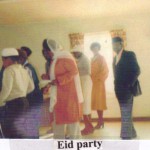
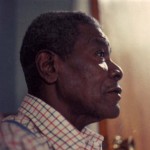
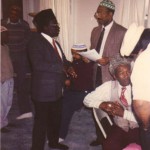

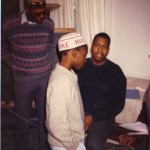
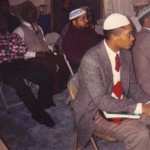
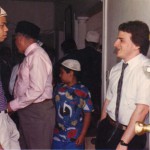
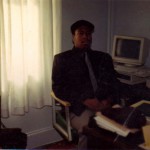
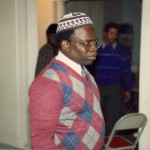

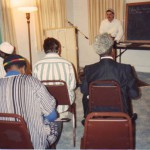
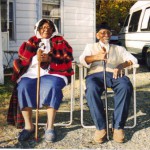
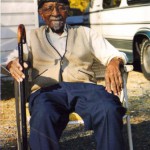
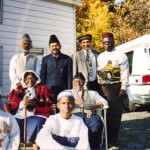
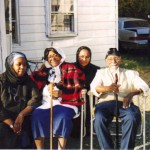
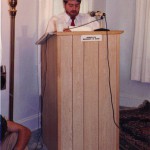
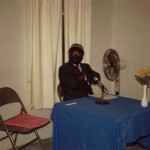
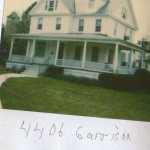
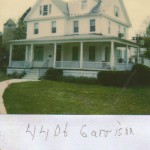
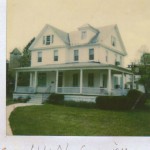
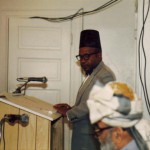
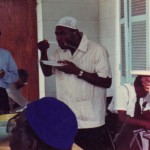
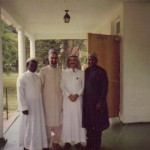
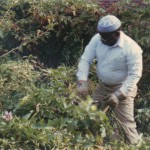
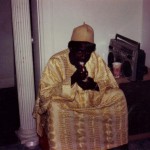
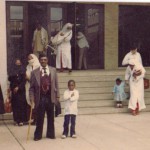

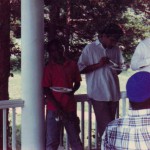
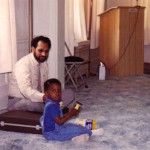
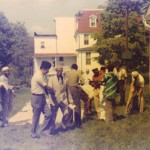
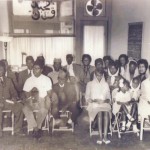
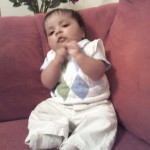
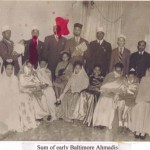
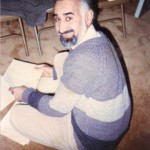
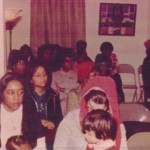


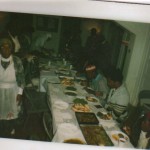
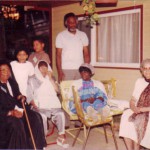
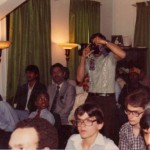
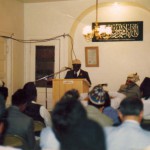










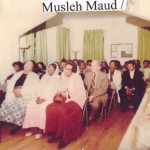

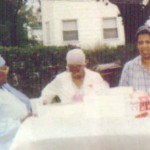
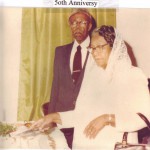

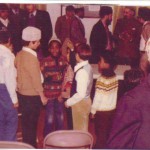
Looking foward to woship with you brother, this Friday
Thank you for your kindness brother! Hope to see you at our event this Sunday! Please click below to register. https://www.eventbrite.com/e/faiths-unite-against-hatred-our-reaction-to-the-presidential-elections-tickets-29351995609?aff=es2
I’m a Sunni muslim.. are all muslim welcomed to come worship?
Of Course!